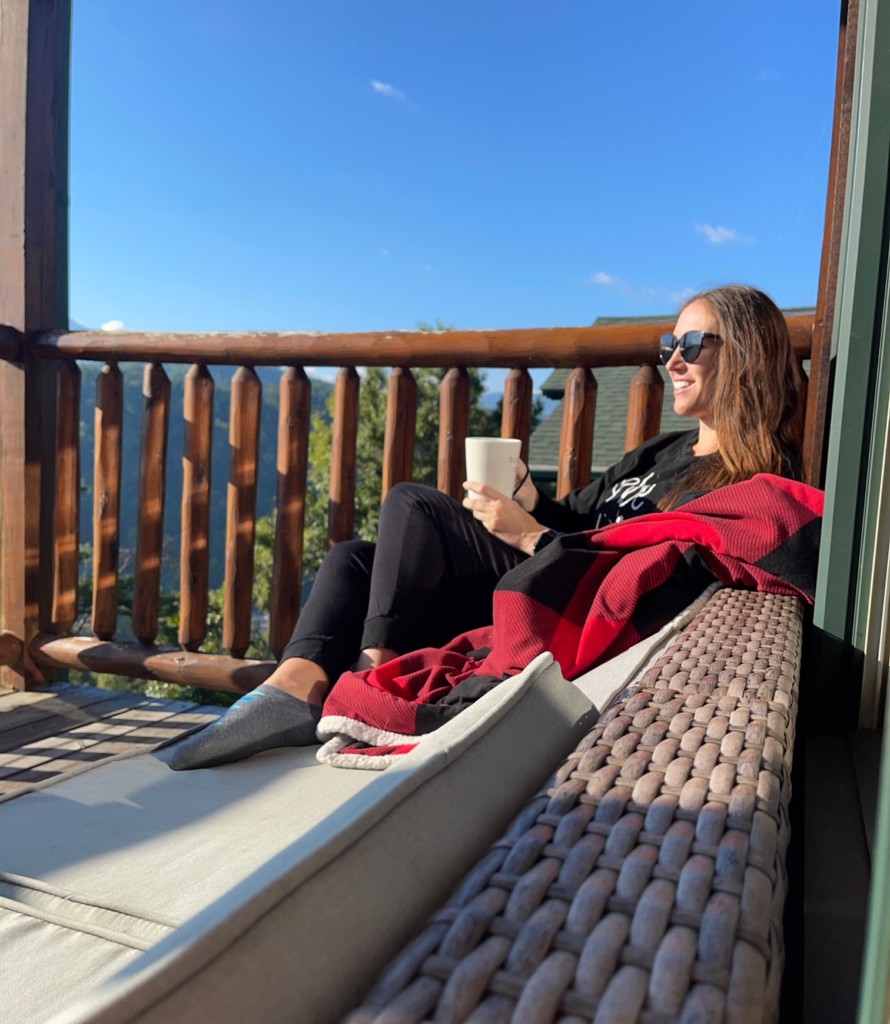
Everyone knows that training is an important part to getting fit. But it’s not the whole story. If you really want to push your body to new heights, you have to optimize what you’re doing outside of exercise sessions, too. In fact, in many ways, it is even more important for the average person.
In this post we’ll take a look at some of the things you can do to improve your fitness, even while you’re at home. Check them out below:
Maintaining Oral Hygiene
Poor oral hygiene can seriously affect your health and fitness. Disease in the mouth can lead to a host of issues, including the development of serious chronic diseases, such as heart disease and diabetes.
There are many risks for oral health issues, some you would never expect. For instance, having crooked teeth can put you at risk of developing cavities, which is one of the reasons why so many people now straighten teeth at home. Symmetrical teeth are more amenable to brushing.
Smoking is another risk factor (and bad for anyone looking to get fit). It damages the gums, making disease more likely.
Eating Herbs
Certain types of herbs interact with the body and produce similar effects to exercise. Fenugreek, for instance, is famous for increasing the body’s ability to turn oxygen into usable energy.
Getting more herbs into your diet doesn’t need to be challenging, though. Just add them to your evening meals or take a capsule in the morning. Then watch as your body’s metabolism recovers and improves.
Getting To Sleep Earlier
Our bodies need deep sleep to do the work necessary to get fitter. If we don’t get enough rest, cells can’t repair, and fitness doesn’t improve.
Just getting more sleep, though, might not be sufficient. The sleep you get needs to be at the right time of day to match your body clock. In general, going to bed at 1 am probably isn’t the best idea. You want to go to sleep around 9 or 10 pm if you have the chance and then sleep through until dawn when your body is ready to wake up.
Relaxing More
It’s hard for the body to recover from intense training sessions without purposeful relaxation. You want days in the week where you don’t ask your body and mind to do anything. Instead, you just focus on giving it the time and space it needs to heal and repair.
Relaxing could be going for a walk in nature, having a picnic with your family, or just watching something on TV. Whatever it is, make it purposeful and dedicate it to your recovery. You don’t have to be active all the time.

Eating Anti-Inflammatory Foods
Your body will generate inflammation after exercise. And this can make you feel sore.
Therefore, it’s a good idea to eat more anti-inflammatory foods that help to douse the immune system and leave you feeling great. Good foods to include are beans, green vegetables, berries, and seeds. These send signals to your body not to get so sore after training.


You must be logged in to post a comment.